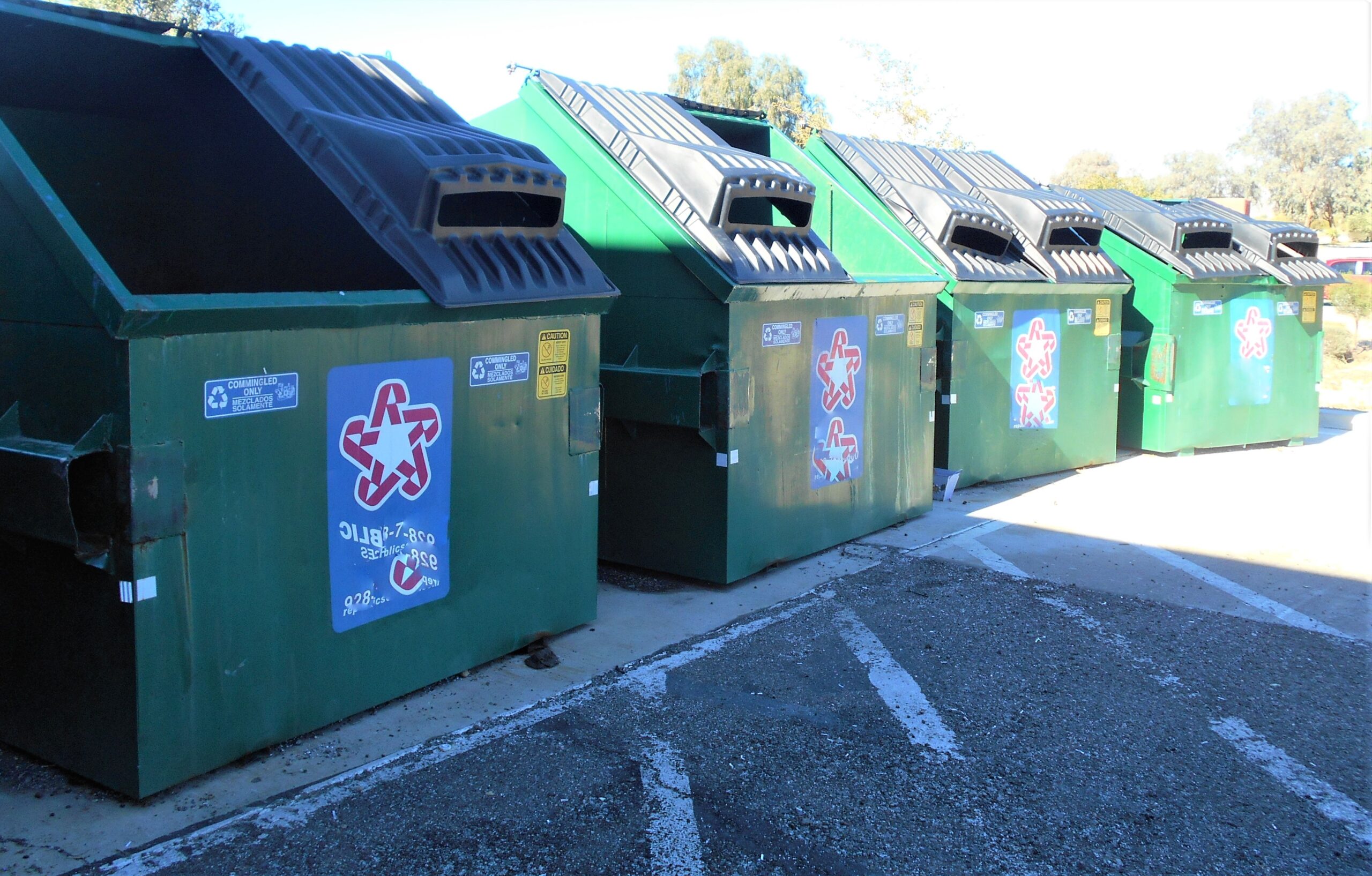Municipal solid waste (MSW) is influenced by a wide range of variables, including physical, cultural, organisational, socioeconomic, and environmental aspects. These elements make it difficult to manage the enormous volume of garbage produced.
Sustainable management of solid waste is a global issue. The goal of municipal solid waste management (MSWM) is to counteract negative environmental effects and achieve environmental sustainability in national policies and programmes. Effective MSWM is expected to reduce poverty, lower infant mortality, improve maternal health, and prevent disease.
Government Policy: Government policies have an impact on recycling in developing nations through the application of incentive programmes, enforcement of existing laws, and the existence of restrictions.
The extensive usage of “Garbage Banks” in Thailand is an example of a government policy-related incentive for recycling. Garbage banks were established in Thailand as a way to promote community-based recycling initiatives so individuals can exchange their recyclable garbage for goods or cash.
Government Finances: The Government financing factor impacting recycling in the third world is made up of the cost of MSWM operations, the budget allotted to MSWM by local to national governments, and the stability and reliability of money. finances were seen as one of the biggest barriers to recycling, mainly due to the lack of funding put toward MSWM by the government.
Waste Characterization: Before choosing the best management strategies, it is crucial to understand the characteristics of a waste stream, such as its composition, rate of formation, and rate of recovery. Merely having trash categorization does not automatically translate into recycling; inadequate trust in the waste stream data might be a barrier.
For example, official and unofficial reports of MSW generation rates differ in Mexico, requiring the need for a standardised approach to categorise and measure the garbage.
Waste Collection and Segregation: The presence of advanced facilities and technologies for sorting and processing recyclable materials from the waste stream. Waste collection and segregation in developing countries occurs by scavengers, municipalities, or private contractors and can be considered formal or informal, depending on the degree of organization in any of the three sectors.
Depending on the technology and human resources available in a particular case study, waste collection and segregation might be seen as either an incentive or a barrier. Effective waste collection is viewed as a motivator for nations that adopt a more technological approach to material recovery (i.e., waste segregation with technical equipment), as all waste is eventually sent to a processing plant.
Household Education: A household’s education plays a significant role in recycling when it comes to MSWM knowledge and the connections between human behaviour, waste management, and environmental, health, and sanitation issues.
Household Economics: Individuals’ income influencing waste handling behaviour (e.g., reuse, recycling, and illegal dumping), presence of waste collection/disposal fees, and willingness to pay by residents were seen as some of the biggest incentives to recycling. which justified them being combined into the Household Economics factor influencing sustainable MSWM.
For example, China’s introduction of a three-yuan fee system for the treatment and disposal of MSW has improved public awareness of waste issues, which in turn promotes engagement in other waste-reduction initiatives like recycling.
MSWM Administration: Recycling is highly influenced by the existence and efficacy of private and/or public waste management programmes that involve the collection, recovery, and disposal of garbage.
Lack of cooperation between the various organisations collecting, processing, disposing, funding, and regulating wastes is one of the obstacles to recycling under MSWM Administration.
MSWM Personnel Education: An obstacle to sustainable MSWM was the shortage of experienced specialists and trained workers in MSWM roles.
MSWM Plan: The necessity and efficacy of a comprehensive, integrated, long-term MSWM plan to favourably affect recycling and other types of sustainable MSWM.
Local Recycled-Material Market: Any marketplace or system where recycled materials are purchased, marketed, and processed in a particular area is referred to as a local recycled-material market. This market is an essential part of the recycling sector and helps to advance resource conservation and sustainable waste management.
Technological and Human Resources: Technology and human resources must be taken into account when determining sustainable MSWM since they are easily accessible, may be used effectively, and present safety risks.
Land Availability: Waste management at landfills has been impeded by a number of factors, including poor topography, considerable private ownership, and broad development (people density). Municipalities are compelled by these limitations to examine other MSWM solutions, such as recycling and incineration, either with or without energy recovery.
These are the twelve factors influencing sustainable recycling of municipal solid waste in developing countries. All of these elements work together to decrease waste, save resources, and lessen the negative effects on the environment, which makes sustainable recycling programmes for municipal solid waste successful.
- About the Author
- Latest Posts
A passionate advocate for all natural and sustainable ideas. With a background in sustainable economics science and a deep love for nature, Sojy has dedicated his career to promoting eco-friendly practices and encouraging others to live a more sustainable lifestyle. He is an avid hiker, gardener, and cook, and loves experimenting with natural ingredients in his recipes and lifestyle routines. Sojy believes that small changes can make a big impact and is constantly seeking out new ways to reduce his carbon footprint and inspire others to do the same




